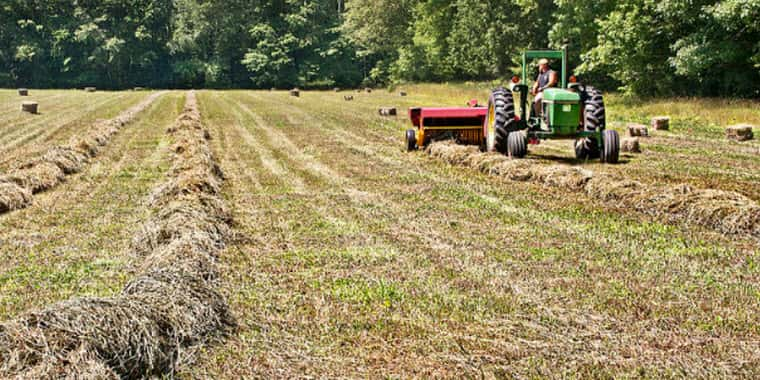A shortage of resin could make plastic agricultural products such as baler twine, net wrap and silage bags harder to find or considerably more expensive this growing season.
COVID-19 pandemic economic shutdowns this past year, combined with the February cold snap that shut down many chemical plants in the Southern U.S., has led to a shortage of resin, a key raw ingredient of plastic. This could lead to farmers seeing higher prices and possible shortages of plastic agricultural products.
In addition to a shortage of resin, a shortage of fiber also continues to plague the plastic composites industry.
This situation has led the plastic-converting industry to see a severe shortage of raw materials. An April report from the European Plastic Converters (EUPC) showed 90% of European plastic converters reported a shortage of raw materials.
“This situation is threatening the economic survival of small- to medium-sized (SME) businesses but also endangering the production of countless products, ranging from applications in the building and automotive industry to essential goods for the food packaging and pharmaceutical supply chains,” a EUPC news release said.
The EUPC reported many plastic converters are being forced to reduce their production and accept fewer or no new customers. If the situation continues, the industry could see the supply of essential plastic goods not be guaranteed.
BEEF, FORAGE PRODUCTION COULD BE AFFECTED
Warren Rusche, South Dakota State University Extension beef feedlot management associate, said among the biggest challenges to the feedlot sector would be finding plastic covers for silage or high-moisture grain stored in bunkers or bags.
There really are no good substitutes for those products, he said.
“Some people don’t cover silage, but no one leaves something like high-moisture corn uncovered,” Rusche said.
The same situation would apply for those producers utilizing baler twine and net wrap if they are putting up hay for their livestock. The product is needed to physically hold bales together, he said.
Rusche said it is feasible those baling hay could utilize sisal twine, although there probably would be a lot of resistance from producers to that move. This twine is less resistant to weather damage and rot, which could be an issue, depending on planned storage time, he said.
If plastic twine and net wrap are available and plastic covers and bags are not, producers would probably be better off just baling their forages, said Marc Bauer, North Dakota State University Extension associate professor and interim department head of animal sciences.
Since a producer must make the bale first — requiring the use of twine — before making baleage, which is wrapped in plastic, it stands to reason that if producers can’t find the wrap they need, they could just put up dry hay instead of wet hay for baleage, he said.
The same could apply for alfalfa haylage. If the plastic sheeting for covering the haylage is not available, let the alfalfa dry for hay, Bauer said.
####
DTN –


